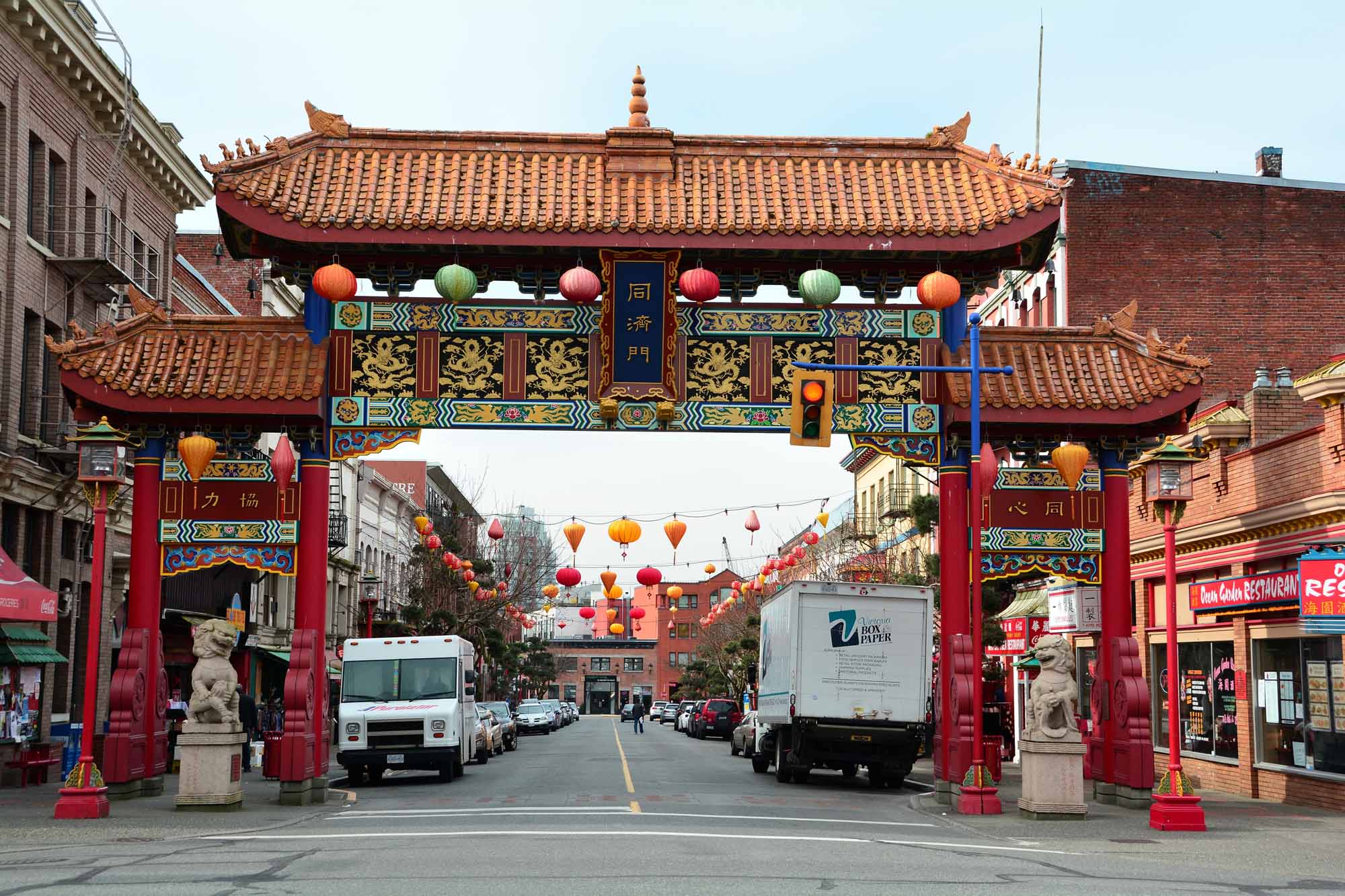Browse "Trade"
-
Article
Agricultural Aid
Agricultural aid is the provision of agricultural products or technology by one nation to another, normally by developed to developing countries. Aid will continue to be required because in many developing countries 4 out of 10 persons are malnourished.
"https://development.thecanadianencyclopedia.ca/images/tce_placeholder.jpg?v=e9dca980c9bdb3aa11e832e7ea94f5d9" // resources/views/front/categories/view.blade.php
https://development.thecanadianencyclopedia.ca/images/tce_placeholder.jpg?v=e9dca980c9bdb3aa11e832e7ea94f5d9
-
Article
Agricultural Marketing Board
An Agricultural Marketing Board is a statutory body which acts as a compulsory marketing agent, performing or controlling one or more of the functions of marketing on behalf of producers of specific agricultural commodities.
"https://development.thecanadianencyclopedia.ca/images/tce_placeholder.jpg?v=e9dca980c9bdb3aa11e832e7ea94f5d9" // resources/views/front/categories/view.blade.php
https://development.thecanadianencyclopedia.ca/images/tce_placeholder.jpg?v=e9dca980c9bdb3aa11e832e7ea94f5d9
-
Article
Agricultural Products Board
The Agricultural Products Board was established under the authority of the Agricultural Products Board Act. It was made up of the same members as the Agricultural Stabilization Board. Its broad authority was to buy, sell or import agricultural products.
"https://development.thecanadianencyclopedia.ca/images/tce_placeholder.jpg?v=e9dca980c9bdb3aa11e832e7ea94f5d9" // resources/views/front/categories/view.blade.php
https://development.thecanadianencyclopedia.ca/images/tce_placeholder.jpg?v=e9dca980c9bdb3aa11e832e7ea94f5d9
-
Article
Apprenticeship
Apprenticeship, as a form of instruction in which a novice learns from a master of a craft or art, has existed for thousands of years.
"https://development.thecanadianencyclopedia.ca/images/tce_placeholder.jpg?v=e9dca980c9bdb3aa11e832e7ea94f5d9" // resources/views/front/categories/view.blade.php
https://development.thecanadianencyclopedia.ca/images/tce_placeholder.jpg?v=e9dca980c9bdb3aa11e832e7ea94f5d9
-
Article
Apprenticeship in Early Canada
From the Middle Ages or earlier, many trades in France and other European countries organized themselves into communities which came to be known as corporations or guilds.
"https://development.thecanadianencyclopedia.ca/images/tce_placeholder.jpg?v=e9dca980c9bdb3aa11e832e7ea94f5d9" // resources/views/front/categories/view.blade.php
https://development.thecanadianencyclopedia.ca/images/tce_placeholder.jpg?v=e9dca980c9bdb3aa11e832e7ea94f5d9
-
Article
Aquaculture
Aquaculture is the human-controlled cultivation and harvest of freshwater and marine plants and animals. Synonyms include fish farming, fish culture, mariculture, fish breeding and ocean ranching.
"https://development.thecanadianencyclopedia.ca/images/tce_placeholder.jpg?v=e9dca980c9bdb3aa11e832e7ea94f5d9" // resources/views/front/categories/view.blade.php
https://development.thecanadianencyclopedia.ca/images/tce_placeholder.jpg?v=e9dca980c9bdb3aa11e832e7ea94f5d9
-
Article
Barter
Barter is the exchange of one commodity or service for another without the use of money as a medium of exchange. A barter agreement (also called "countertrade") among countries calls for the exchange of stated amounts of goods.
"https://development.thecanadianencyclopedia.ca/images/tce_placeholder.jpg?v=e9dca980c9bdb3aa11e832e7ea94f5d9" // resources/views/front/categories/view.blade.php
https://development.thecanadianencyclopedia.ca/images/tce_placeholder.jpg?v=e9dca980c9bdb3aa11e832e7ea94f5d9
-
"https://d2ttikhf7xbzbs.cloudfront.net/media/media/aba6df04-519f-411d-a59b-39f712ac1359.jpg" // resources/views/front/categories/view.blade.php
https://d2ttikhf7xbzbs.cloudfront.net/media/media/aba6df04-519f-411d-a59b-39f712ac1359.jpg
-
Article
Canada-China Relations
Chinese immigration to Canada began with the Fraser River Gold Rush in 1858. Between 1881 and 1885, more than 17,000 Chinese workers helped complete the Canadian Pacific Railway (CPR). Chinese immigrants had to pay an increasingly large “head tax” starting in 1885. Between 1923 and 1947, Chinese immigration to Canada was effectively banned. Canada’s presence in China began with Christian missionary work in the 1890s. Canada and China were allies during the Second World War and adversaries in the Korean War. Canada’s official recognition of the People’s Republic of China (PRC) in October 1970 helped open communist China to the West. Canada then aided China's entry into the United Nations, the World Bank and the International Monetary Fund (IMF). Economic ties and human rights concerns have been hallmarks of the bilateral relationship ever since. More recently, relations have been strained by the Meng Wanzhou Affair and allegations of Chinese interference in Canada’s elections.
"https://d2ttikhf7xbzbs.cloudfront.net/media/media/2ce7ad69-8419-41ff-aa1a-fa4fb45b3717.jpg" // resources/views/front/categories/view.blade.php
https://d2ttikhf7xbzbs.cloudfront.net/media/media/2ce7ad69-8419-41ff-aa1a-fa4fb45b3717.jpg
-
Article
Canada-US Auto Pact
The Automotive Products Trade Agreement of 1965, better known as the Canada-US Auto Pact, led to the integration of the Canadian and US auto industries in a shared North American market. While it brought great benefits to Canada, it was eventually found to be contrary to international trade rules and was cancelled in 2001. By then it had accomplished its biggest goal — an integrated North American industry with a much stronger Canadian presence.
"https://d2ttikhf7xbzbs.cloudfront.net/media/media/56003d5b-0a71-405a-8a17-f397815e78a0.jpg" // resources/views/front/categories/view.blade.php
https://d2ttikhf7xbzbs.cloudfront.net/media/media/56003d5b-0a71-405a-8a17-f397815e78a0.jpg
-
Article
Canadian Free Trade Agreement
The Canadian Free Trade Agreement (CFTA) is an inter-governmental trade agreement regulating trade within Canada. It took effect on 1 July 2017. The goal of the agreement was to reduce or eliminate regulations against the free movement of goods, services, and investments within Canada. The officials who framed the new deal said they wanted to ensure that Canadian firms got the same access to the Canadian market as firms from the country’s international trading partners. CFTA also more closely matches the terms of the Canada-European Union Comprehensive Economic Trade Agreement (CETA), which began taking effect in 2017.
"https://d2ttikhf7xbzbs.cloudfront.net/media/media/133a2d02-51cc-4318-b7c7-5aeb80b30cf3.png" // resources/views/front/categories/view.blade.php
https://d2ttikhf7xbzbs.cloudfront.net/media/media/133a2d02-51cc-4318-b7c7-5aeb80b30cf3.png
-
Article
Canadian Wheat Board
The Canadian Wheat Board (CWB) was an agricultural marketing board headquartered in Winnipeg, Manitoba. Established in 1935, for much of its history it was the sole buyer and seller of Prairie wheat and barley destined for export from Canada or for human consumption in Canada. Referred to as the “single desk,” under this model it was illegal for farmers to sell their grain to anyone other than the CWB. Following a change in government policy, the single-desk model was discontinued in August 2012, and the CWB became a voluntary marketing organization. In July 2015, G3 Global Grain Group purchased a majority stake in the CWB, creating a new firm called G3 Canada Ltd. The company’s headquarters remain in Winnipeg.
"https://d2ttikhf7xbzbs.cloudfront.net/media/media/bf0ff346-6154-488a-85b0-dd37cabb5d2c.jpg" // resources/views/front/categories/view.blade.php
https://d2ttikhf7xbzbs.cloudfront.net/media/media/bf0ff346-6154-488a-85b0-dd37cabb5d2c.jpg
-
Macleans
Canadians Do Business in Cuba
This article was originally published in Maclean’s magazine on January 15, 1996. Partner content is not updated. The discussion, says Berukoff, was not exclusively about business. But it is Berukoff's business in Cuba that makes him so intriguing.
"https://d2ttikhf7xbzbs.cloudfront.net/media/media/174af40e-82ab-444b-a825-6470ee9c351c.jpg" // resources/views/front/categories/view.blade.php
https://d2ttikhf7xbzbs.cloudfront.net/media/media/174af40e-82ab-444b-a825-6470ee9c351c.jpg
-
Article
Capitalism in Canada
Capitalism is an economic system in which private owners control a country’s trade and business sector for their personal profit. It contrasts with communism, in which property effectively belongs to the state (see also Marxism). Canada has a “mixed” economy, positioned between these extremes. The three levels of government decide how to allocate much of the country’s wealth through taxing and spending.
"https://d2ttikhf7xbzbs.cloudfront.net/media/new_article_images/Capitalism/Railroading.jpg" // resources/views/front/categories/view.blade.php
https://d2ttikhf7xbzbs.cloudfront.net/media/new_article_images/Capitalism/Railroading.jpg
-
Article
Commodities in Canada
In commerce, commodities are interchangeable goods or services. Many natural resources in Canada are viewed as commodities. They are a major source of the country’s wealth. Examples of commodities include a barrel of crude oil, an ounce of gold, or a contract to clear snow during the winter. Commodity products often supply the production of other goods or services. Many are widely traded in futures exchanges (see Commodity Trading).
"https://d2ttikhf7xbzbs.cloudfront.net/media/new_article_images/EconomicsSummaries/dreamstimeextralarge_35143531.jpg" // resources/views/front/categories/view.blade.php
https://d2ttikhf7xbzbs.cloudfront.net/media/new_article_images/EconomicsSummaries/dreamstimeextralarge_35143531.jpg
